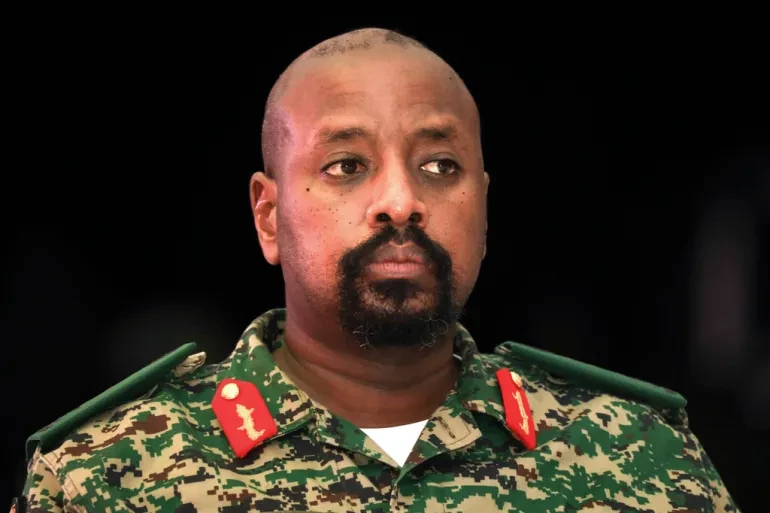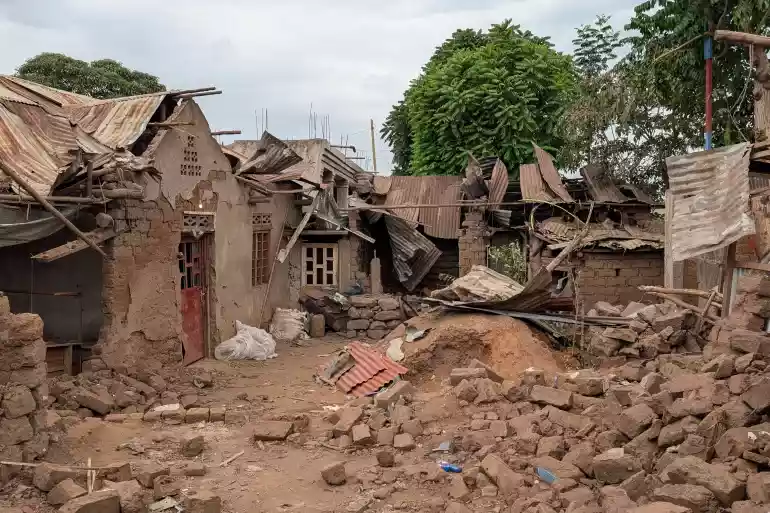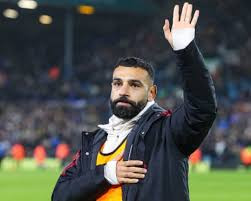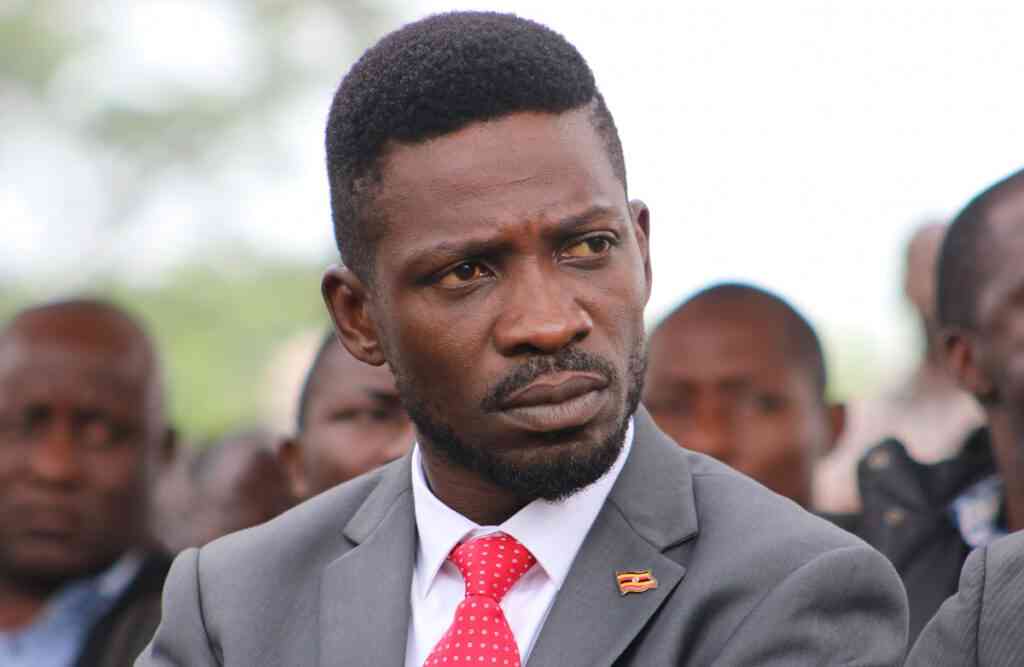
Uganda’s President Yoweri Museveni has promoted his son as head of the army, raising concerns that he is grooming his eldest child for the presidency.
The Ministry of Defence and Veteran Affairs announced late on Thursday that General Muhoozi Kainerugaba had been appointed the chief of defence forces, capping his rapid ascent through the Ugandan army ranks since the late 1990s.
The veteran leader’s move led to speculation that he is preparing his son, 49, to succeed him as president. In a now-deleted post on X last year, Kainerugaba said he intended to run for the presidency in the 2026 elections, although he has reportedly also denied claims he is eyeing the top job.
Recently, the president’s son has been holding rallies around the country, violating a law barring serving army officers from engaging in partisan politics. But Kainerugaba says his activities, including the launch of activist group the Patriotic League of Uganda, are nonpartisan.
The ‘Muhoozi Project’
Museveni, 79, first took power by force in 1986 and has since been elected six times. He has no rivals within the ruling National Resistance Movement party, which has led many to believe the military will have a say in choosing his successor.
Kainerugaba’s supporters say he offers an opportunity for a peaceful transfer of power in the former British colony, potentially the first since independence in 1962. Critics say his rise is leading the East African country towards hereditary rule.
Kainerugaba joined the army in the late 1990s, his quick rise through the ranks dubbed the “Muhoozi Project”. Museveni and Kainerugaba have both denied the existence of a scheme to propel him to the presidency, but the appointment of the latter to army chief, accompanied by a ministerial reshuffle, suggests a transition may be under way.
- ICASA assesses Zim conference host bid
- Uganda removes president's son from army role after Kenya invasion tweets
- Oil explorer projects bigger Zim find...as first test well drill progresses to 600m
- Uganda court hands life sentence to man caught with elephant ivory.
Keep Reading
To many Ugandans, Kainerugaba’s position as heir apparent has long been obvious, but the government has in the past taken a harsh line against anyone discussing the matter.
In 2013, police shut down two independent newspapers and two radio stations for 10 days after they published a leaked confidential memo by a senior general alleging that Museveni was preparing Kainerugaba to succeed him.
As a high-ranking military official, Kainerugaba is barred from speaking publicly about political matters but has frequently waded into controversial discussions, causing diplomatic headaches for Uganda.
He previously served as commander of land forces but was removed from the position after threatening to invade neighbouring Kenya, which he later said was a joke.
Museveni, who apologised to Kenya over the outburst, has nevertheless defended his only son as a “very good general” and promoted him to that rank just days after the row erupted.
Last year, Kainerugaba declared that Uganda would “send soldiers to defend Moscow if it’s ever threatened by the Imperialists”, chiding Western nations for sharing “useless pro-Ukraine propaganda”











